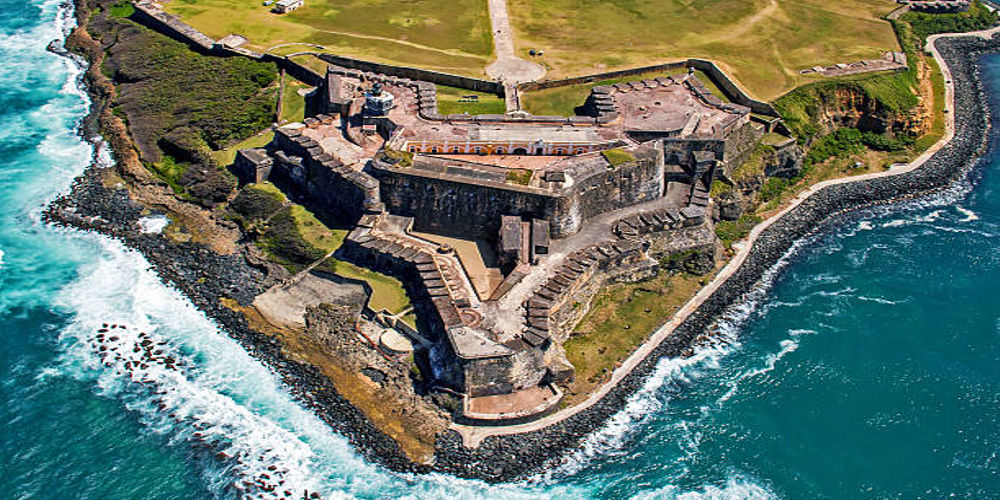Different Types of USA Passports and the Meaning Behind Their Colors
Know about the several Types of USA Passports and their specific uses.

Blue U.S. Passport
The Blue U.S. Passport is the most commonly used passport that is issued to American citizens. Its iconic navy-blue cover symbolizes U.S. citizenship and the freedom to travel internationally.
Who Gets a Blue U.S. Passport?
The blue U.S. passport is issued to all U.S. citizens, including adults and minors.
Validity
-
Adults (16 and older): The blue passport is valid for 10 years.
-
Minors (under 16): The passport is valid for 5 years.
Key features
-
The standard is 28 pages.
-
For frequent travelers who intend to obtain a lot of visa stamps, a 52-page variant is available.
-
It is suitable for all types of international travel, such as vacations, business, and general travel.
U.S. Passport Uses:
The Blue U.S. Passport is essential for international travel, whether for vacations, business trips, or educational pursuits. It is the primary travel document for millions of Americans worldwide.
Black Diplomatic Passport
The Black Diplomatic Passport, also known as the Diplomatic Passport, is a highly valued and unique document issued by the United States government. It is designated for diplomats, ambassadors, and other high-ranking government officials who officially represent the United States abroad. This passport is separate from the standard blue passports issued to the general public and intended particularly for those on official diplomatic missions abroad.
Who Gets a Black U.S. Passport?
The black passport is typically issued to individuals actively serving in diplomatic or government roles. This includes:
- Diplomats representing the US in foreign nations
- Ambassadors, the highest-ranking representatives of the United States in other countries.
- High-ranking government personnel, Foreign Service, or other governmental entities in charge of international affairs.
- Family members may also be issued a diplomatic passport when accompanying diplomats and government officials on official activities overseas.
Privileges of Holding a Black Passport
Holders of the black U.S. diplomatic passport enjoy several unique privileges, primarily revolving around diplomatic immunity. These privileges include:
- Diplomatic immunity
Diplomats and high-ranking government officials with this passport are immune from specific legal processes in the host country, which means they cannot be prosecuted or sued under the host country's laws. This immunity is intended to allow diplomats to carry out their duties without fear of intervention from the local legal system.
- Special Protection
Diplomats may also be granted certain rights and privileges, such as priority airport processing or immunity from specific searches or seizures under international law accords.
- Exemptions from Certain Taxes and Customs
Diplomatic passport holders are frequently excluded from customs taxes, fees, and other limitations that affect the general public when traveling abroad. These exemptions allow them to do their duties more efficiently while overseas.
- Diplomatic Status Recognition
The black passport immediately identifies the person who holds it as someone with diplomatic rank, allowing for easier travel and relations with foreign governments. This recognition can also help you obtain visas, enter foreign countries, and gain diplomatic advantages in international situations.
Restrictions on the Use of the Black Passport
- No personal use
The black passport is not intended for personal or leisure travel. It is designed solely for official government business, and individual travel is prohibited.
- Return After Duty
When a person's diplomatic mission or government duty expires, they must hand over the passport to the relevant authorities. This assures that only individuals actively representing the United States can access its privileges.
Maroon Official Passport
The Maroon Official Passport is a distinctive travel document issued to U.S. government employees, military personnel, and certain other individuals representing the United States abroad on official government business. This passport is different from the blue and black passports in both its function and the privileges it provides. Its maroon cover helps signify its unique purpose and role.
Who Gets a Maroon U.S. Passport?
The maroon passport is issued to individuals who are traveling abroad on official U.S. government business but do not hold the diplomatic status associated with the black passport. This includes:
-
U.S. government employees: This includes civil servants, foreign service officers, and other federal employees working on behalf of the government abroad.
-
Military personnel: U.S. service members who are stationed overseas or deployed as part of military assignments.
Dependents of government employees and military personnel: Spouses and children of individuals traveling on official business can also receive an official passport, enabling them to accompany the employee or service member.
Purpose of the Maroon Passport
The official passport serves as a travel document for individuals engaged in government-related tasks abroad. The primary purpose of this passport is to facilitate official travel for duties such as:
-
Attending international conferences on behalf of the U.S. government
-
Participating in overseas assignments for the federal government or military
-
Serving on diplomatic or technical missions where their role directly supports U.S. interests
-
Military postings and deployments to foreign countries as part of U.S. military operations
The maroon passport identifies its holder as a representative of the U.S. government, granting them the necessary permissions to carry out their work. This passport is crucial for individuals who need to travel on government business but do not require the extensive privileges afforded to diplomatic personnel, such as diplomatic immunity.
Limitations of the Maroon Passport
-
It does not provide diplomatic immunity like the black passport.
-
Strictly for work-related travel; personal use is prohibited.
Gray Service Passport
The Gray Service Passport, officially known as the Service Passport, is a specific travel document the United States government provides to individuals traveling abroad in a non-diplomatic capacity to support government operations. It is primarily awarded to government contractors and non-diplomatic professionals serving on official duties but lacking diplomatic status. Unlike the blue regular passport, black diplomatic passport, or maroon official passport, the gray passport has a more particular purpose, with fewer rights than diplomatic passports. The gray passport, issued by the Special Issuance Agency in Washington, is free of charge and valid for up to five years, facilitating smooth official travel for anyone assisting US government missions abroad.
Who Gets a Gray U.S. Passport?
The Gray passport is issued to individuals who travel abroad on official assignments related to U.S. Government projects or services. These individuals do not represent the United States diplomatically, yet they still play essential roles in advancing government operations.
-
Government contractors
-
Technical experts
-
Civilian personnel
The gray passport can also be issued to certain U.S. government employees whose role does not require a maroon or black passport but still involves official business abroad.
Purpose of the Gray Passport
The Gray Service passport primarily facilitates official but non-diplomatic travel for personnel working on U.S. government initiatives worldwide. While the passport allows holders to travel on official business, it does not provide the same benefits or immunities as the black (diplomatic) passport.
-
Used for temporary missions or short-term government initiatives overseas.
-
Issued specifically for governmental purposes, not for personal travel.
-
Ensures effective identification of government workers at international checkpoints.
Limitations of the Gray Passport
While the gray passport performs a vital role, it comes with certain limitations:
-
It does not provide diplomatic advantages such as immunity or preferential treatment at international boundaries.
-
It must be returned to the United States government once the official assignment is completed.
-
Misuse of the gray passport, such as for personal travel, may result in sanctions or revocation.
Conclusion
Understanding the Types of USA Passports and their U.S. Passport Colors helps travelers identify the specific document suited for their roles. The Blue U.S. Passport for public travel, the Black Diplomatic Passport for high-ranking officials, the Maroon Official Passport for government employees, and the Gray Service Passport for specialized missions all serve a distinct purpose in overseas travel and official tasks.









Comments
No comments yet. Be the first to comment!